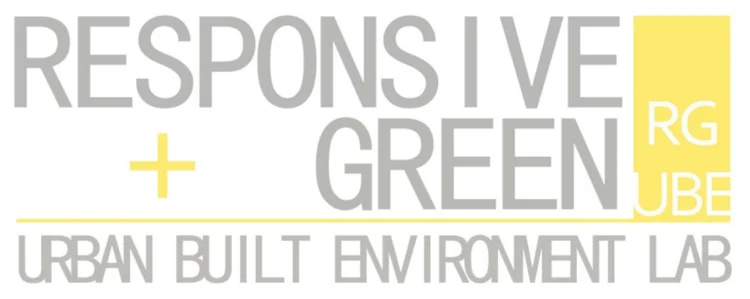Auckland’s draft Regional Land Transport Plan (RLTP) is open for public feedback, presenting a critical opportunity to influence our city's transport future. Here are my detailed insights and practical suggestions on key areas of the RLTP, aligned with current and future government initiatives:
🚊 Integrated Public Transport: The RLTP emphasizes enhancing public transport infrastructure, but further integration with multimodal options is essential. Seamless connectivity between buses, trains, ferries, and future light rail can be improved with a unified ticketing system and real-time information sharing. This aligns with the Auckland Transport Alignment Project (ATAP) and the Government Policy Statement on Land Transport (GPS 2024).
🚴 Active Transport: Investment in cycling and pedestrian pathways is crucial. The RLTP should prioritize dedicated cycle lanes separated from vehicular traffic to ensure safety. Expanding bike-sharing programs and providing secure bike parking at transport hubs can encourage more cycling, supporting the goals of the Auckland Cycling and Micromobility Programme Business Case.
🌱 Sustainability: The RLTP's electrification of buses and addition of EV charging stations is commendable. However, setting more ambitious targets for electric vehicle adoption and expanding the electric bus fleet can further reduce emissions. Implementing green infrastructure such as green roofs on bus stops and solar-powered facilities aligns with Auckland’s Climate Plan and the Vehicle Kilometres Travelled Reduction Programme (VKT-RP).
📈 Data-Driven Decisions: Leveraging data analytics is crucial for optimizing transport operations. The RLTP should incorporate predictive analytics to manage traffic flow and reduce congestion. Deploying IoT sensors and smart traffic management systems will provide real-time data for continuous improvement, supporting the Smart Transport for Auckland initiative.
🗣️ Community Engagement: While public feedback is vital, active engagement goes beyond collecting opinions. Establishing regular community forums and participatory planning workshops ensures continuous dialogue with residents. Using digital platforms for virtual consultations can increase accessibility and participation, aligning with the RLTP’s engagement strategies.
💼 : The RLTP should consider the economic impact of transport projects. Conducting cost-benefit analyses and long-term financial planning ensures that investments deliver maximum value. Encouraging public-private partnerships can leverage additional funding and expertise, as seen in the Auckland Transport Investment Programme (ATIP).
🏙️ Urban Integration: Transport planning must align with urban development strategies. Ensuring transport hubs are integrated with residential and commercial developments creates vibrant, connected communities. Mixed-use developments around transport nodes reduce travel distances and promote sustainable living, supporting the goals of the Auckland Plan 2050.
Find out more and have your say here: https://lnkd.in/gy3Cjq8e
Together, we can build a transport network that supports a sustainable, connected, and thriving Auckland. #AucklandTransport #SustainableCities #UrbanPlanning #PublicTransport #CommunityEngagement

